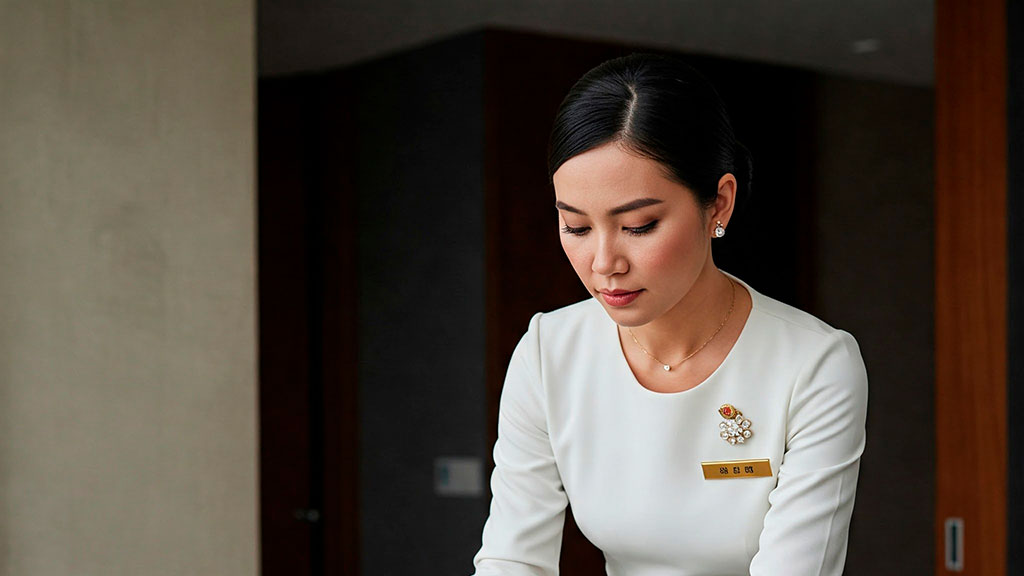The concept of domestic service has undergone a significant transformation throughout history. From roles focused on basic tasks to becoming essential collaborators in modern household management, the expectations of both employers and employees have evolved considerably. At Luxury Philippines Domestic Services Agency Malta, we understand this dynamic and strive to offer professionals who not only meet current needs but also anticipate those of the future.
From assistance to collaboration: a paradigm shift
Historically, domestic service was often perceived as a purely assistive relationship, where the employee took care of assigned tasks with little autonomy. However, modern expectations have driven a shift towards a collaborative model. Employers seek professionals capable of proactively managing tasks, providing solutions, and becoming an integral support for the efficient functioning of the home. This evolution demands a new set of skills and more fluid and open communication between both parties.
The growing demand for specialized skills
Today, families often require domestic staff with specialized skills beyond basic cleaning. This can include knowledge of gourmet cooking, childcare with specific pedagogical approaches, care for the elderly with particular needs, or even the management of smart home technology. This demand for specialization underscores the need for professionals with diverse training and experience.
The importance of initiative and autonomy
Employers increasingly value initiative and autonomy in domestic staff. The ability to anticipate needs, make responsible decisions, and manage tasks without constant supervision has become an essential quality. This requires a level of mutual trust and a clear understanding of the household’s expectations and priorities.
The role of technology in modernizing service
Technology has permeated all aspects of modern life, and domestic service is no exception. From managing schedules and communications through apps to using smart appliances, modern domestic staff must be familiar with various technological tools to optimize their work and facilitate household management.
Optimizing time and delegating tasks efficiently
In today’s busy world, efficiency in household management is paramount. Both employers and domestic staff can benefit from clear strategies to optimize time and delegate tasks effectively.
Planning as a fundamental tool
Detailed planning is crucial for maximizing productivity. Establishing clear daily and weekly routines, defining priorities, and creating to-do lists helps avoid improvisation and ensures that all responsibilities are addressed in an organized manner. Involving domestic staff in this process can foster a greater sense of ownership and responsibility.
Organization: an efficient work environment
An organized work environment facilitates the efficient completion of tasks. This involves both the organization of household spaces and the logical arrangement of work utensils and materials. A clear organization system saves time and reduces stress for both the employer and the employee.
Clear communication and defined expectations
Open and transparent communication is the cornerstone of a successful working relationship. Clearly defining expectations, discussing priorities, and establishing effective communication channels ensures that both parties are on the same page and avoids misunderstandings. Regular meetings to review tasks and discuss any concerns can be very beneficial.
Effective delegation: empowering domestic staff
Delegating tasks effectively not only frees up time for the employer but also empowers domestic staff, fostering their professional growth and sense of worth. Delegating responsibilities according to the employee’s skills and interests can increase their motivation and performance.
At Luxury Philippines Domestic Services Agency Malta, we understand that modern domestic service is based on professionalism, efficiency, and collaboration. We are dedicated to selecting and training Filipino professionals who not only possess the necessary skills to meet current expectations but are also prepared to adapt to the future demands of household management. We believe that clear communication, organized planning, and effective delegation are fundamental to building successful working relationships and harmonious homes.

